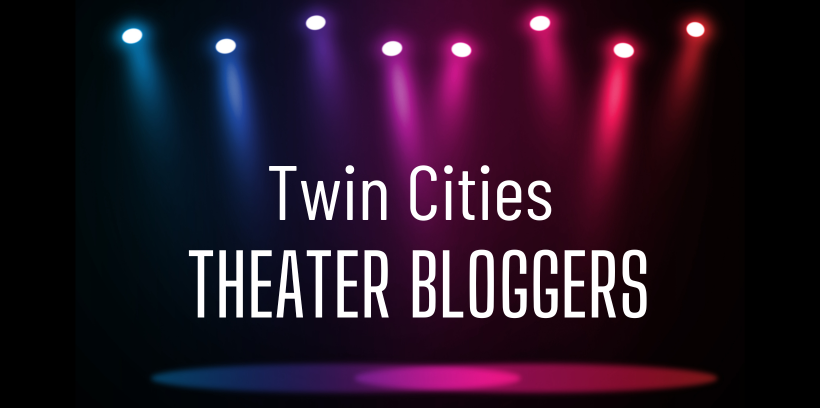Cherry and Spoon says "Talvin Wilks directs this fantastic cast, with a few moments of humor and many moments of discomfort, which is a good thing for an audience to experience. In less than 90 minutes the playwright, director, and cast really get to the crux of the matter without blaming anyone, just shedding light on our unconscious biases." Read more: http://bit.ly/cs_whitecard
The Stages of MN says "The White card is a play that educates us by making us question and process our understanding of race and art. [...] I was familiar with the idea of white privilege, but this play made we think deeper about it and gave me a better understanding of the complexities that exist within that concept." Read more: http://bit.ly/37bSbhc
Play off the Page says "At times, I wished I could rewind a scene and hear it again, especially during Charlotte’s monologue about anger. This is a play you could watch several times and hear and see more details and layers each time. Talvin Wilks directs the play in such a way that the actors seem like they’re circling each other. With so much talking, the play could feel like were just listening to people rant, but the movement, and their reactions to each other make it seem real, the way people keep shifting positions and fidgeting around when conversations get uncomfortable." Read more: http://bit.ly/37vxux9
Compendium - Minneapolis says "The endless amount of irony of sitting as a white reviewer in an almost all white audience that was audibly gasping throughout The White Card only to drive back to our cozy safe homes and punch out a bunch of preachy messages about race on social media was not lost on me for a second. [...] And that discomfort I experienced, the mental dissonance, is the reason why The White Card is a must see for white audiences for me. In the hundreds of plays I have seen over the years, almost always with audiences who are overwhelmingly white, it is exceedingly rare that I have seen a play so effectively turn the gaze back upon us. How did we get here? What layers of privilege have allowed us access to the arts?" Read more: http://bit.ly/2I0583w
